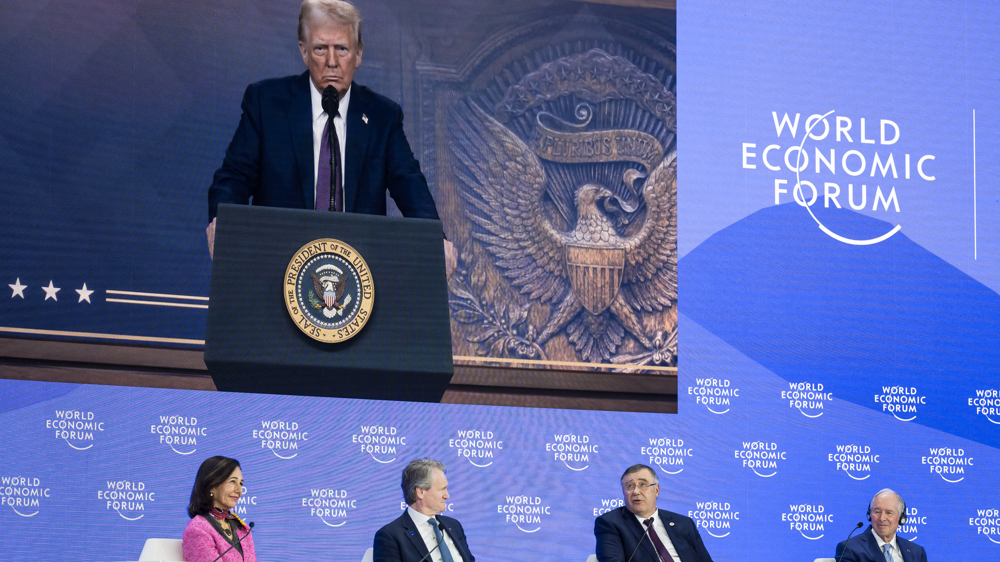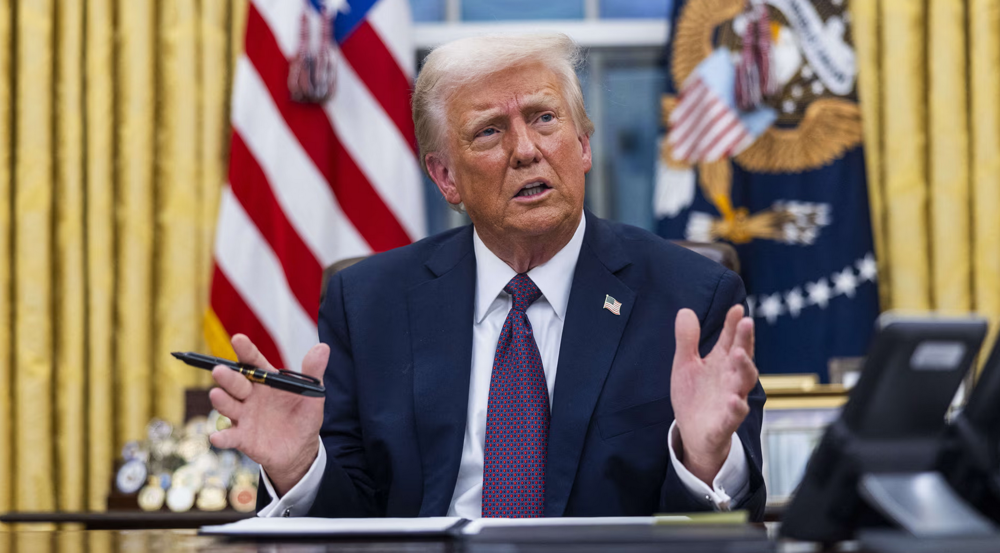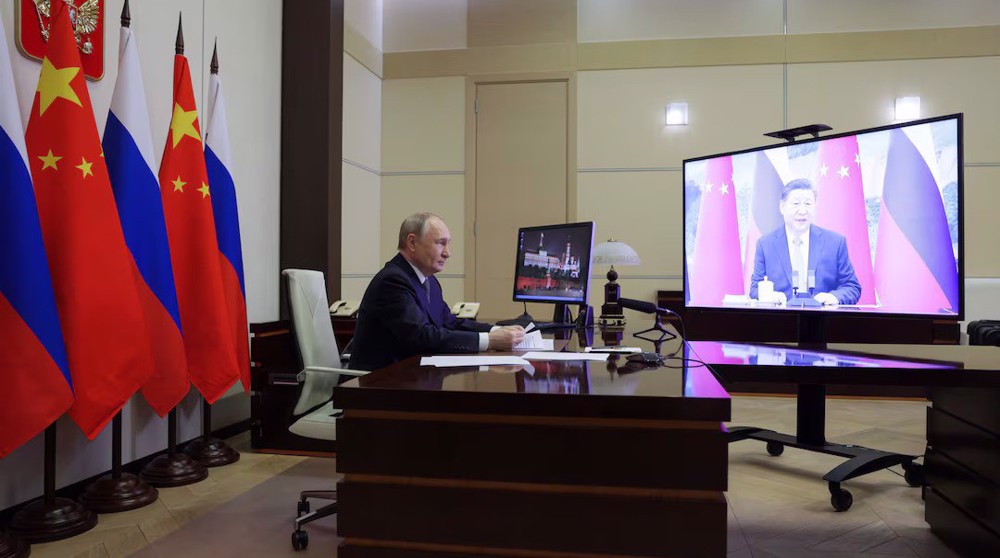Russia sees ‘minimal’ chances of extending New START with US: Deputy FM
Russia’s Deputy Foreign Minister Sergei Ryabkov says Moscow sees ‘minimal’ chances of extending the New START nuclear treaty with the United States as the Kremlin does not accept conditions laid down by Washington.
In a lengthy interview with the Russian daily Kommersant published on Sunday, Marshall Billingslea, the US Special Presidential Envoy for Arms Control, said Moscow must accept a joint agreement with Washington on renewing the pact before the US Presidential Election on November 3.
“I suspect that after President [Donald] Trump wins re-election, if Russia has not taken up our offer, the price of admission, as we would say in the US, goes up,” he said, pressuring Russia to come to an agreement with the US on extending the nuclear pact in the set period.
On Monday and during a press conference, Ryabkov criticized Billingslea’s attempts to put pressure on Moscow, saying, “These are all ultimatums that only diminish the chances of any agreement. We cannot talk in this manner.”
The Russian diplomat, who leads the Russian delegation to the strategic stability talks, stressed that under the conditions set out by Washington, chances were “minimal” for extending the New START treaty, which eliminated strategic nuclear weapons held by the US and Russia.
The START accord is the last major nuclear arms control treaty between Moscow and Washington that puts a limit on the development and deployment of strategic nuclear warheads of both countries.
Back in July 1991, the START, which later was called the START I, was signed by then President George H. W. Bush and Mikhail Gorbachev, the last president of the Soviet Union, barring both countries from deploying more than 6,000 nuclear warheads atop a total of 1,600 intercontinental ballistic missiles (ICBMs) and bombers.
In January 1993, President Bush and Boris Yeltsin, the former Russian president, signed the START II, but it collapsed and never entered into effect.
The START I treaty expired in late 2009 and its replacement, called the New START or START III, was signed in April 2010 by former US President Barack Obama and then Russian President Dmitry Medvedev, under which both sides agreed to halve the number of strategic nuclear missiles and restrict the number of deployed strategic nuclear warheads to 1,550.
The New START can be extended for another five years, beyond its expiry date in February 2021, by mutual agreement.
If the pact fails to be extended, the main pillar maintaining the balance of nuclear arms between the US and Russia will be removed, meaning that yet another element of tension will be added to their already strained ties.
Elsewhere in his remarks in the interview, Billingslea said the new version of New START must be multilateral so that it would include China too.
However, Ryabkov criticized this suggestion, calling that a “deliberate distortion of our position.” He stressed that China’s decision on whether to participate in the talks was exclusively Beijing's to make.
“We have not taken and do not intend to take any steps to bring China into these talks, something we have told our American colleagues on multiple occasions,” Ryabkov added.
Last year, the White House pulled out of the 1987 Intermediate-Range Nuclear Forces Treaty (INF) with the Kremlin. The landmark treaty had banned all land-based missiles with the range up to 5,500 kilometers and officially left six months later.
The US’s withdrawal from the agreement came after it accused Russia of secretly violating it. Russia, which has repeatedly rejected these allegations, stopped implementing the INF treaty after the US left it.

NATO chief: Europe ready to foot bill for US arms for Ukraine

Trump threatens Russia with more sanctions if Ukraine war doesn’t end

Putin vows to consolidate China ties after Trump inauguration
Iran starts $528 mln project to develop oilfields near Iraq border
Israel’s war on Gaza put back development by 60 years: UNDP
VIDEO | Massive demos for and against embattled Yoon rattle Seoul
Dutch embassy in Tehran flagged for excessive electricity usage
VIDEO | Iranian artists works exhibited in Vienna
Hezbollah condemns ‘unjust’ US decision to blacklist Yemen’s Ansarullah
VIDEO | Press TV's news headlines
Who is Mohammed al-Tous, ‘dean of Palestinian prisoners’ released by Israel?










 This makes it easy to access the Press TV website
This makes it easy to access the Press TV website